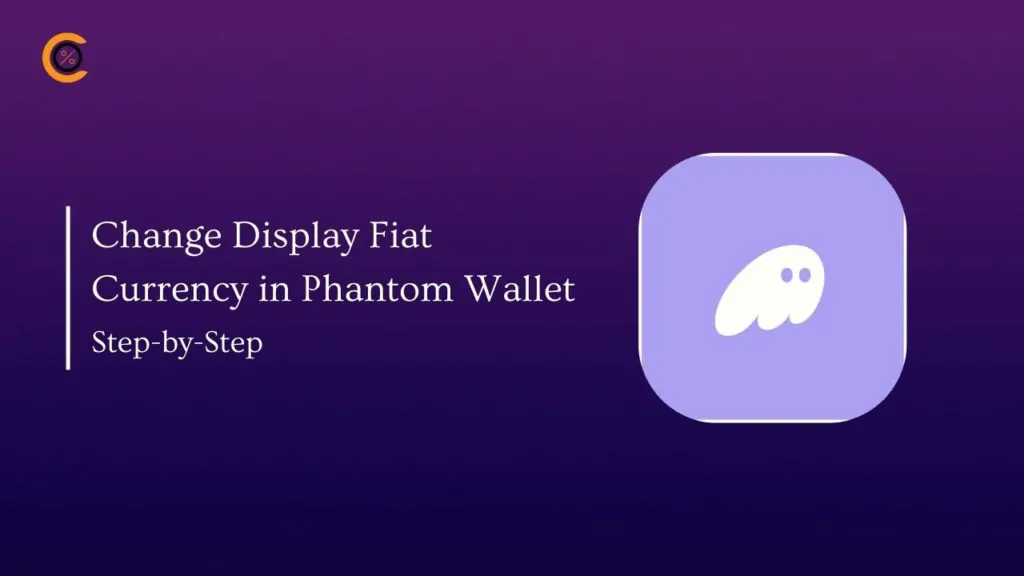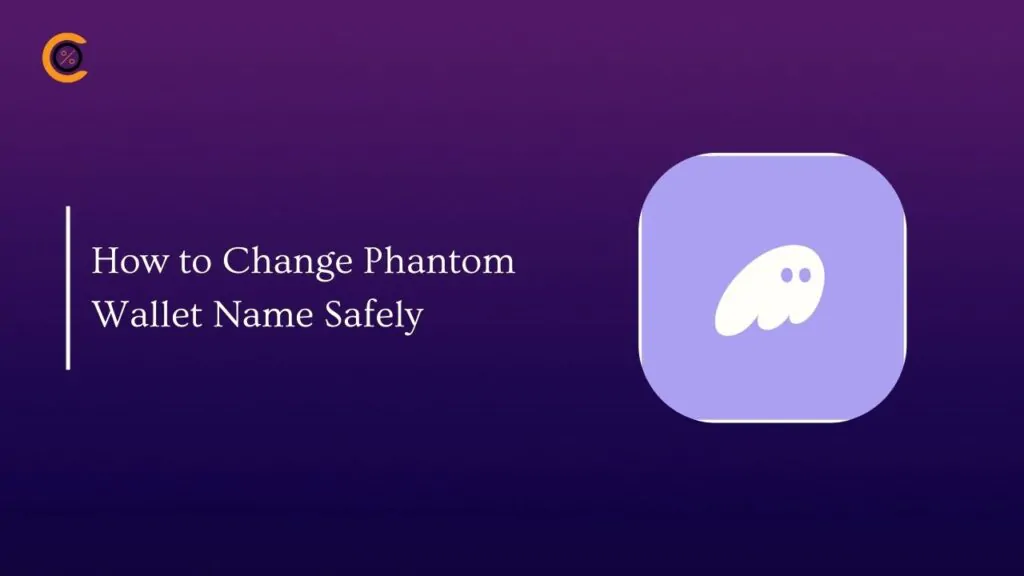- SUI wallets are evolving fast, with features like zkLogin and native staking making access smoother for new and advanced users alike.
- Choosing the right wallet depends less on specs and more on how you plan to engage with the Sui ecosystem, DeFi, NFTs, or development.
- From browser extensions to mobile-first options, the best SUI wallets today reflect a broader shift toward faster, more user-friendly Web3 tools.
Sui has rapidly evolved from a promising Layer-1 to a thriving ecosystem attracting both developers and end-users. With DeFi protocols growing fast, zkLogin simplifying onboarding, and wallet innovations like Slush and Backpack redefining user access, interest is clearly rising. For anyone engaging with this network, finding the best SUI wallets is now a key step, not just for storing tokens, but for unlocking real utility. This guide walks through the most capable and relevant options available in 2026.
Top SUI Wallets to Go For in 2026
As the Sui ecosystem grows, so does the need for wallets that do more than just hold SUI tokens. Whether you’re bridging to SUI, staking, or exploring dApps, the right wallet can make all the difference. Below are the best SUI wallets in 2026 based on utility, access, and real user adoption.
| Wallet | Blockchains | Platforms | Staking | NFT Support | Hardware Support |
|---|---|---|---|---|---|
| Martian Wallet | 2 | Browser Extension |
Yes |
Yes |
No |
| Suiet | 1 | Browser Extension |
Yes |
Yes |
No |
| Glass Wallet | 1 | iOSAndroid |
No |
Yes |
No |
| Surf Wallet | 1 | Browser ExtensioniOSAndroid |
Yes |
Yes |
No |
| Nightly Wallet | 10 | Browser ExtensioniOSAndroid |
Yes |
Yes |
Yes |
| Sui Wallet (Slush) | 1 | Browser ExtensioniOSAndroid |
Yes |
Yes |
Yes |
1. Martian Wallet
Martian Wallet was originally designed for the Aptos ecosystem, but it now supports Sui as well, making it one of the few cross-chain options in the Move ecosystem. It functions as a non-custodial browser extension wallet that lets users store, manage, and sign transactions for both Aptos and Sui networks. While its interface is clean and developer-friendly, what really makes Martian appealing is its growing dApp support on Sui.
Users can connect to staking platforms, DeFi apps, or NFT marketplaces with just a few clicks. Although it doesn’t offer hardware wallet support yet, it’s still favored by many who actively bridge to SUI from other Move-based chains. If you’re looking for a wallet that gives you some flexibility outside of just Sui, without overcomplicating things, Martian strikes a good balance. It’s not flashy, but it’s functional and keeps pace with the tools being built across both networks.
Also read: How to Get Started With Martian Wallet
2. Suiet
Suiet is a lightweight, Sui-native wallet designed for simplicity and speed. Built exclusively for the Sui blockchain, it focuses on giving users an intuitive way to interact with the network, from basic transfers to staking and connecting with dApps. The browser extension works seamlessly with Sui’s object-based model, and it’s often recommended to new users who are just getting started with the best SUI wallets.
One thing Suiet gets right is staying close to the Sui ecosystem’s updates; it integrates features like native staking and NFT support quickly as they’re rolled out on-chain. There’s no mobile app or hardware support yet, which might limit long-term flexibility, but the wallet still stands out for its consistent performance and minimal friction. For users who don’t need anything too fancy, and just want a clean way to explore apps, mint NFTs, or test out the Sui devnet, Suiet keeps things simple, and that’s sometimes all you need.
Also read: How to Get Started With Suiet Wallet
3. Glass Wallet
Glass Wallet is a mobile-first option built specifically for the Sui network. Available on both iOS and Android, it offers a clean, app-based experience that feels natural to users coming from traditional fintech apps. Unlike some browser-only wallets, Glass is built for on-the-go access, ideal for anyone looking to engage with the Sui ecosystem from their phone. You can manage tokens, view and send NFTs, and interact with dApps through wallet connect integrations.
While staking isn’t yet live inside the app, the team has indicated plans for future upgrades. Hardware support is also missing, which might be a downside for those prioritizing security through physical devices. Still, for mobile users who want something streamlined and purely focused on Sui, Glass Wallet does the job. It’s a solid choice if your main goal is exploring apps or testing with devnet tokens directly from your device, without needing browser extensions or multi-chain features.
Also read: How to Get Started With Glass Wallet
4. Surf Wallet
Surf Wallet is built from the ground up for the Sui blockchain, offering a smooth experience across both mobile and browser. It’s one of the few Sui wallets that supports in-app staking with dynamic APY tracking, which makes it appealing to users who want to grow their holdings without leaving the wallet interface. Surf also supports NFTs and dApp connections, making it a versatile option for users who are exploring the broader Sui ecosystem.
While it doesn’t currently offer hardware wallet integration, it stands out with its clean design and mobile-friendly interface. Users can easily navigate tokens, connect to DeFi protocols, and participate in Sui-based apps without extra setup. For those looking to bridge to SUI and engage with on-chain apps regularly, Surf Wallet offers a well-rounded entry point. It’s especially useful if you prefer a familiar, app-like user experience without sacrificing too much on utility.
Also read: How to Get Started With Surf Wallet
5. Nightly Wallet
Nightly Wallet stands out in the Sui ecosystem for its strong multi-chain support, with compatibility across Sui, Solana, Aptos, and more. For users who are already active across multiple blockchains, or plan to be, Nightly brings everything into one browser or mobile interface. It’s built with developers in mind but remains approachable for general users as well. Nightly supports staking on Sui, NFT interactions, and integrates with a wide range of dApps.
It also offers Keystone hardware wallet support, which is a plus for those prioritizing security. While it may not be as minimal as Suiet or as Sui-centric as Slush, its flexibility and wide coverage make it ideal for power users. If you’re bridging to SUI from other chains, or want a wallet that doesn’t lock you into a single network, Nightly offers a reliable and developer-focused solution that aligns with the cross-chain future of blockchain apps.
Also read: How to Get Started With Nightly Wallet
6. Sui Wallet (Slush)
Slush, formerly known as the Sui Wallet, is the official wallet experience developed by Mysten Labs. It’s tightly integrated with the Sui network and is often the first wallet users interact with when exploring the ecosystem. Available on browser and mobile, Slush offers native support for staking, NFTs, and dApps, all with a clean UI and quick onboarding.
One of its standout features is zkLogin, allowing users to log in using platforms like Google or Twitch, effectively lowering the entry barrier for new users. Hardware wallet support is already live through Ledger and Qredo, which makes it one of the more secure options among the best SUI wallets today. Whether you’re holding tokens, minting NFTs, or bridging assets to SUI, Slush delivers a smooth and reliable experience. It’s not overloaded with multi-chain features, but if your focus is strictly Sui, this is arguably the most direct and supported path into the ecosystem.
Also read: How to Get Started With SUI Wallet
Bottom Line
The Sui ecosystem is still young, but the wallet space around it is maturing fast. Whether you’re a developer testing contracts, a DeFi user staking tokens, or just someone exploring what makes Sui different, your choice of wallet will shape how you experience the network. Some wallets will evolve. Others might not keep up. So don’t overthink the “perfect” pick, what matters more is that you’re early, curious, and paying attention. As Sui grows, the best SUI wallets won’t just be tools. They’ll be how you connect, interact, and build trust in this new kind of internet.
FAQs
1. Can I use the same SUI wallet across testnet and mainnet?
Yes, most SUI wallets, including Slush, Suiet, and Martian, allow switching between testnet and mainnet. Developers and users can access testnet SUI tokens for experimentation, while keeping their mainnet assets safe in the same wallet environment.
2. Do I need a separate wallet to bridge assets to the SUI network?
No, but it depends on the bridge. Most users bridge to SUI using platforms like Wormhole or Celer, which connect to wallets like MetaMask or Martian. Once assets arrive on SUI, you’ll still need a native wallet like Slush or Nightly to manage them on-chain.
3. Are SUI wallets non-custodial by default?
Yes, all the major wallets listed here are non-custodial. That means users retain control of their private keys, and no third party can access your funds, unless you compromise your seed phrase or device security.
4. Is it safe to use SUI wallets on mobile?
Mobile wallets like Glass and Surf offer solid UX, but safety comes down to your device practices. For higher-value storage, pairing with a hardware wallet (like Ledger via Slush or Nightly) is a safer choice.
5. Will SUI wallets support other blockchains in the future?
It depends on the wallet. Martian and Nightly already support multi-chain networks like Aptos and Solana. Others, like Suiet and Slush, are focused purely on the Sui ecosystem for now. If you expect to operate across chains, pick a wallet with that flexibility from the start.



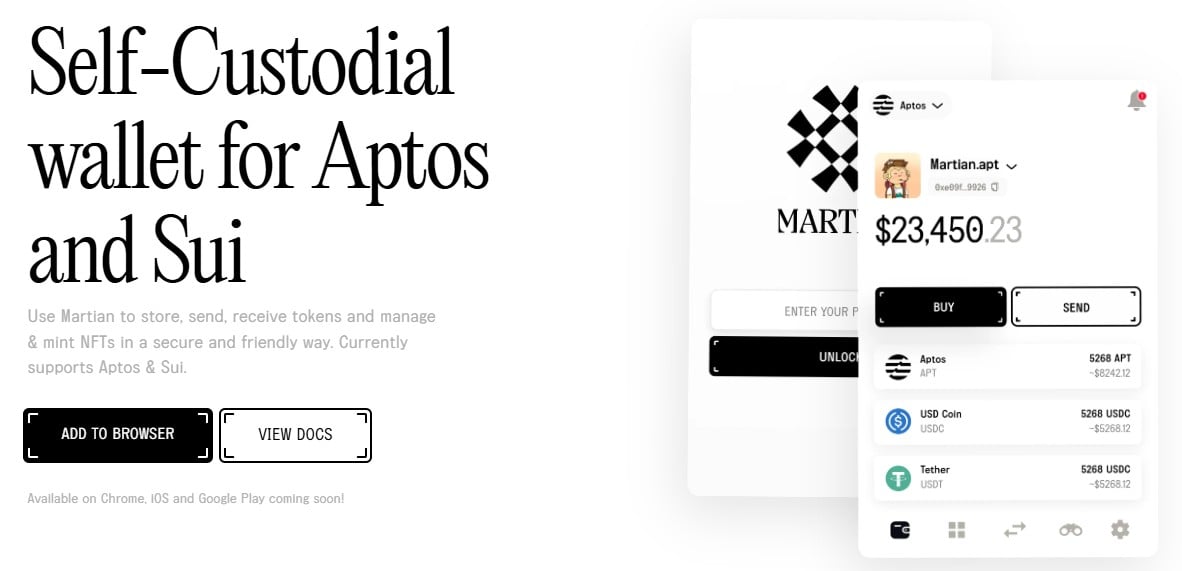
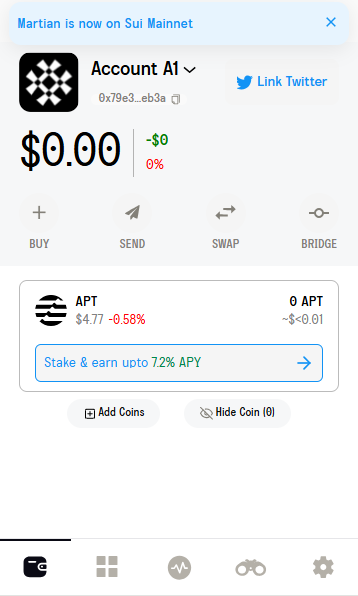
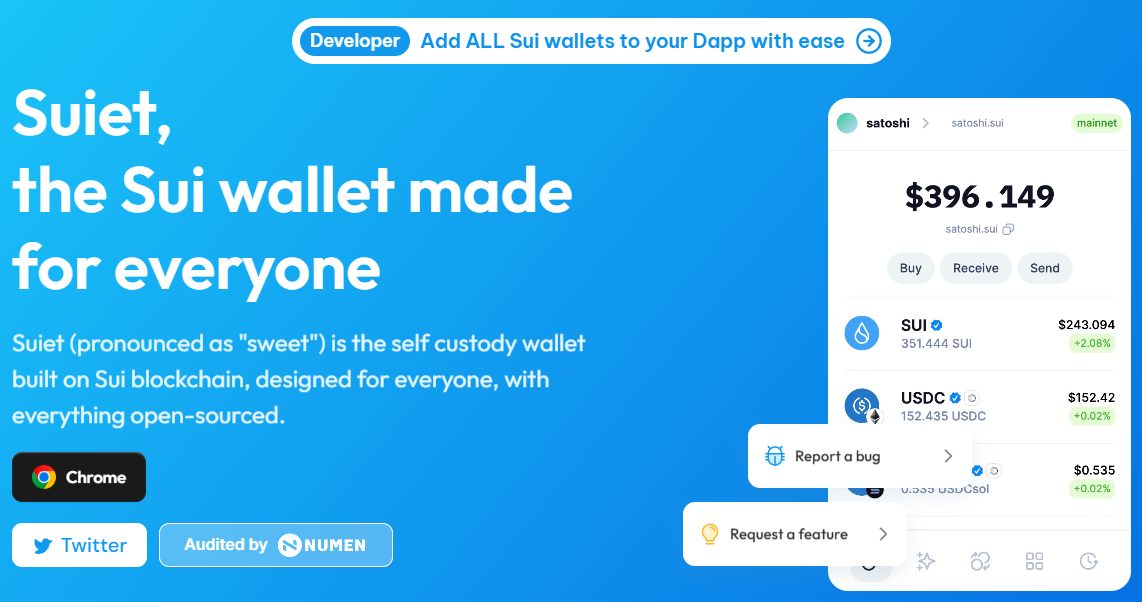
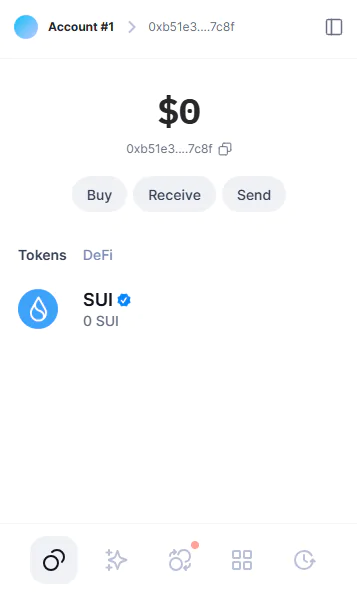
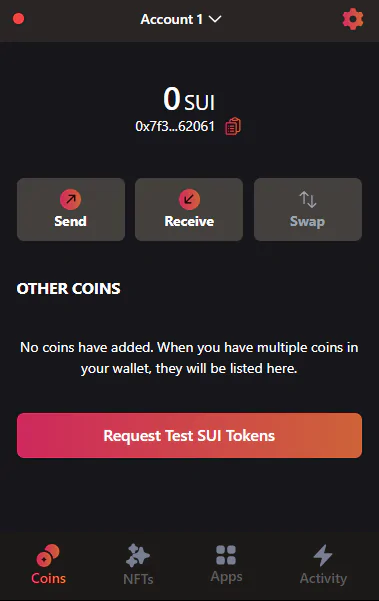
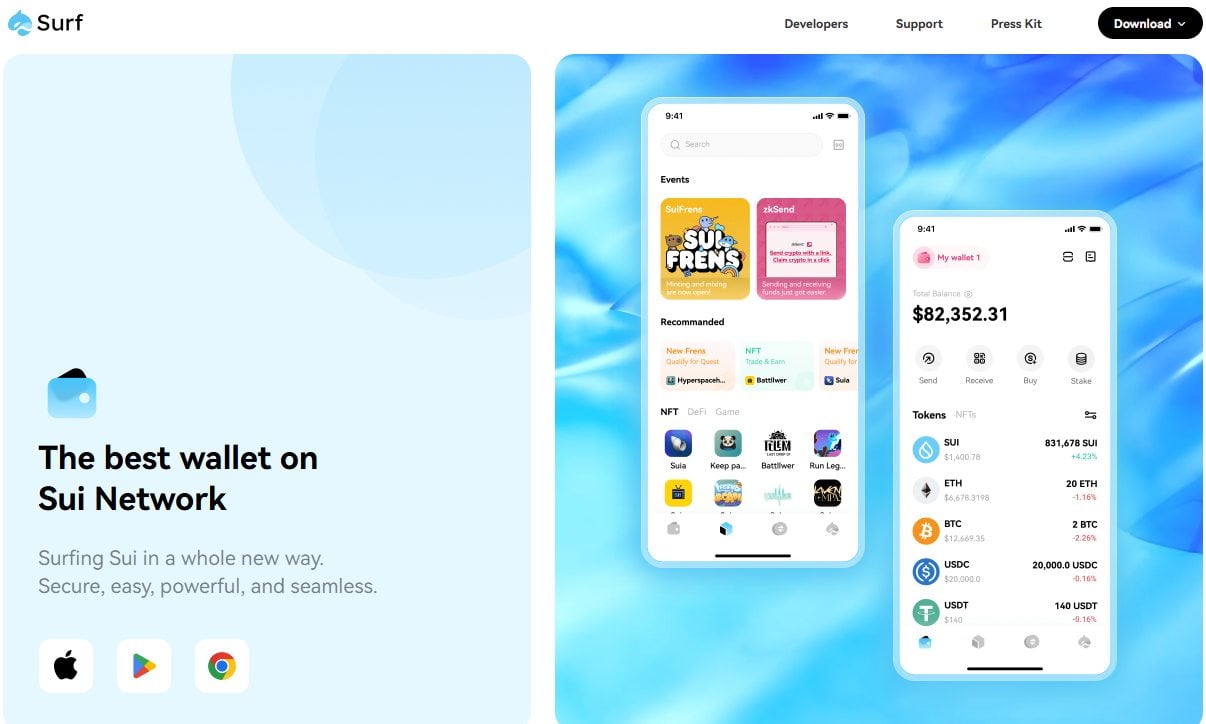
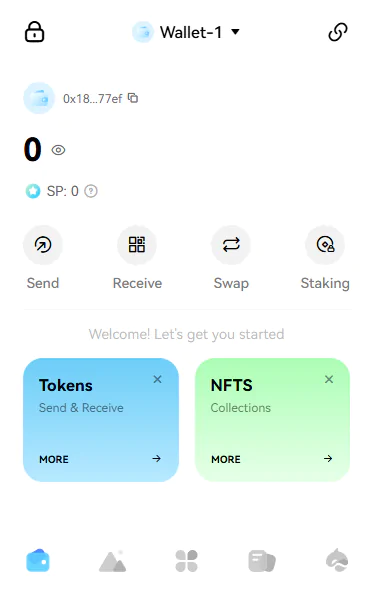

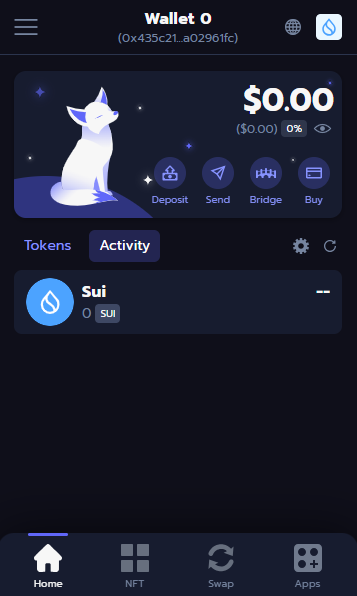
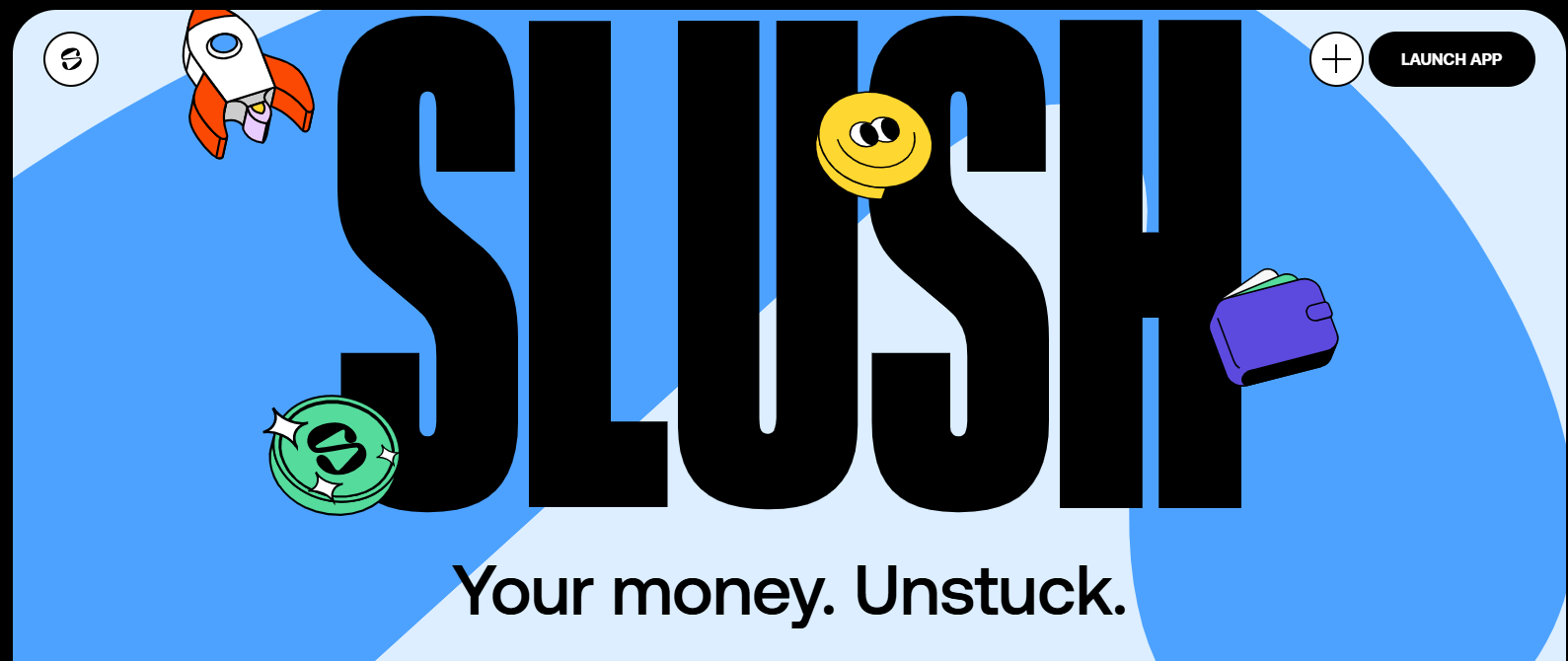
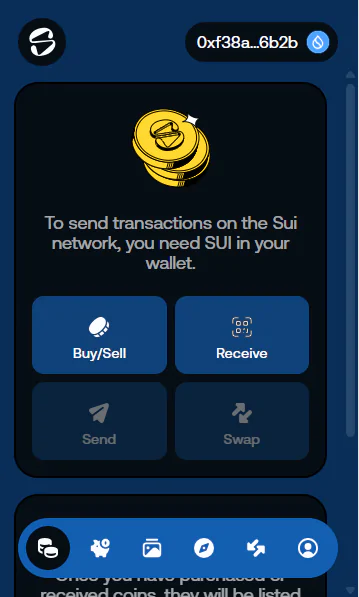
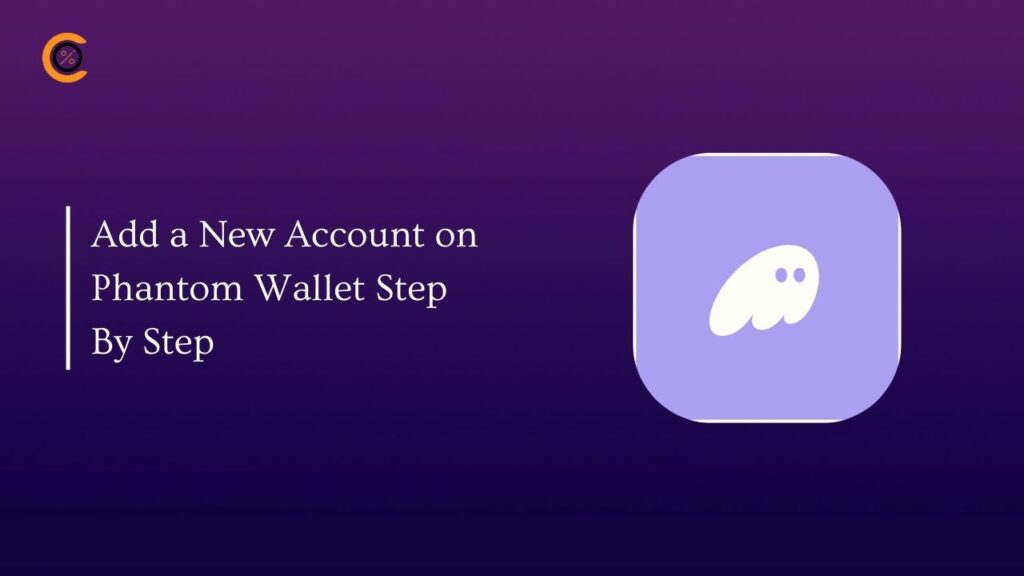
![How to Change the Language in Phantom [2026]](https://www.cryptowinrate.com/wp-content/uploads/2026/02/How-to-Change-the-Language-in-Phantom-2026-1024x576.jpg)
